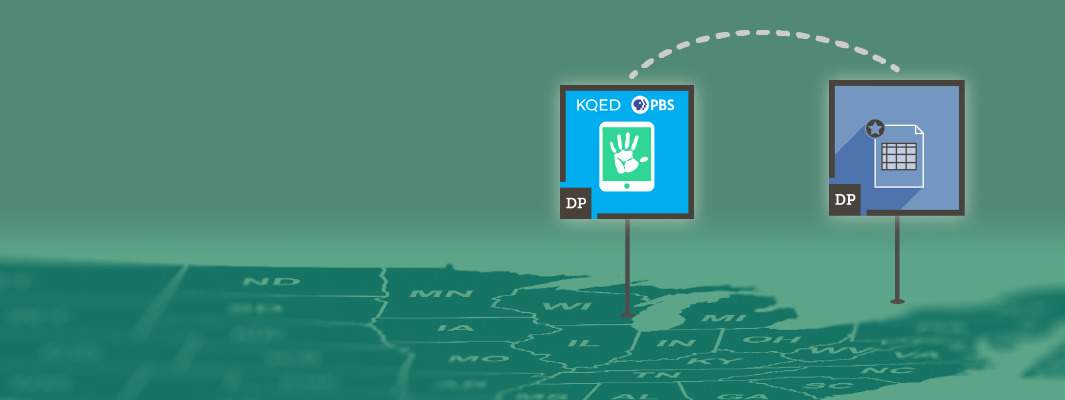
Muskego-Norway School District in Wisconsin created a micro-credential program for teachers to advance their careers. Jessica Besler, a kindergarten teacher at Lakeview Elementary School, is a member of the program’s second cohort.
When she joined the program in January, Besler set a goal to complete three micro-credentials before the end of the school year as she strives to earn the 30 necessary for career advancement over three years. When schools closed two months later, she first thought she would be unable to reach her goal since she was no longer physically in the classroom with her students. However, district administrators provided teachers in the program with a list of micro-credentials that did not require student work to encourage continued learning during school closures.
Given the new situation, Besler decided that she wanted to learn more about distance learning and teaching using technology. She found several micro-credentials that supported her development in these areas, which could be completed outside the classroom.
“With COVID-19, we will most likely find ourselves back to digital teaching next year,” she said. “I’m finding a lot of great micro-credentials centered around digital learning with resources that I can apply now and in the future.”
Instead of collecting evidence in her classroom, Besler had her students submit work virtually, and she met with them online to get their feedback on the lesson or activity. She has earned four micro-credentials over the last two months: Implementing Media Projects in Early Childhood, Directing Digital Media, Making Media for Classroom Use: Audio and Video, and Empowering Parents Through Technology.
When schools in Ontario’s Grand Erie District School Board shut down for three weeks before beginning remote learning, Lynn Thomas, an English teacher at Dunnville Secondary School, wanted something to focus on during the time off.
“Doing the micro-credential helped me to maintain my well-being by giving me something productive to do,” she said.
Thomas had long wanted to better understand how spreadsheets track student improvement and other data collection, so she chose to work on the Essential Spreadsheet Skills micro-credential, which does not require artifacts from the classroom.
“I enjoyed doing the course work and learned a great deal about using Excel,” Thomas said of her first micro-credential experience. “I appreciated the process of problem-solving in the areas that I had difficulty.”
Both Besler and Thomas have already started working toward their next micro-credentials. Besler is working on one that cannot be completed until students return to school in the fall, but she’s spending her time planning and preparing.
“I have the time right now to really dig into the resources and come up with a plan to implement the learning when we return,” she said.
Thomas has begun working on the Neuro-truths in the Classroom micro-credential and added that she is considering several others that require student participation when schools reopen this fall.
“[Micro-credentials are] a very different style of professional learning that I haven’t encountered before,” Thomas said. “I now really like the self-direction and requisite problem-solving involved as part of a deeper learning experience.”
Find micro-credentials that can be earned outside the classroom in our Micro-credential COVID-19 Library, or use the Micro-credential Explorer to find the right micro-credentials for you.
Begin earning micro-credentials today on the Digital Promise Micro-credential Platform.